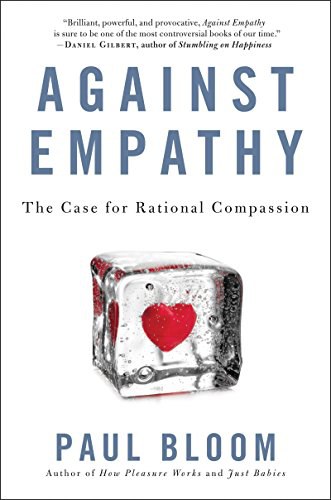
AgainstEmpathy
[ 心理 ]
作者:PaulBloom
1
0
推荐者:百科书库 2023-03-31 09:41:38
本书简介
- 作者:PaulBloom
- 出版社:Ecco
- 副标题:TheCaseforRationalCompassion
- 出版年:2016-12-6
- 页数:304
- 定价:USD26.99
- 装帧:Hardcover
- ISBN:9780062339331
Against Empathy is a controversial call to arms that argues the natural impulse to share the feelings of others can lead to immoral choices in both public policy and intimate relationships with friends and family. Many policy-makers, activists, scientists, and philosophers have encouraged us to be more empathetic - to feel the pain and pleasure of others. Yale researcher and author Paul Bloom argues that this is a mistake.
Far from leading us to improve the lives of others, empathy is a capricious and irrational emotion that appeals to our narrow prejudices. It muddles our judgment and often leads to cruelty. We are at our best when we are smart enough not to rely on it and draw upon a more distant compassion.
Based on groundbreaking scientific findings, Against Empathy makes the case that some of the worst decisions that individuals and nations make - from who to give money to, when to go to war, how to respond to climate change, and who to put in prison - are too often motivated by honest, yet misplaced emotions. With clear and witty prose, Bloom demonstrates how empathy distorts our judgment in every aspect of our lives - from philanthropy and charity to the justice system; from culture and education to foreign policy and war.
Without empathy, Bloom insists, our decisions would be clearer, fairer, and ultimately more moral. Bound to be controversial, Against Empathy shows us that when it comes to major policy decisions and the choices we make in our everyday lives, limiting our empathetic emotions is often the most compassionate choice we can make.
作者简介
[加]保罗·布卢姆(PaulBloom)●知名认知心理学家和发展心理学家、耶鲁大学公开课zui受欢迎教授、TED演讲人。●布卢姆是耶鲁大学zui受欢迎、zui风趣的心理学教授之一。他的心理学导论课是耶鲁大学zui受欢迎的公开课之一,全球有上千万人观看、学习这一公开课的视频。●布卢姆是《科学》杂志评出的Twitter上zui有影响力的50位明星科学家之一,美国哲学与心理学协会前任主席,《行为与脑科学》杂志联合主编。●布卢姆因出色的研究和教学工作而获奖无数。他的文章屡见于《纽约时报杂志》《自然》《纽约客》《科学》等刊物。著有畅销书《善恶之源》《快感:为什么它让我们欲罢不能》。
相关推荐
成熟过程与促进性环境
《成熟过程与促进性环境:情绪发展理论的研究》是英国精神分析学家温尼科特的经典代表作。书中聚集了温尼科特关于情绪发展理论及其临床应用的23篇研究论文,一共分为两个主题。一个主题是关于人类个体情绪发展的8 温尼科特 2023-03-31 08:56:19内向也是一种优势
在很多人眼中,外向者表达能力强,更容易与人相处,因此给人留下自信的印象。相反,内向似乎已成为一个人格缺陷的代名词。本书旨在从性格分类开始,帮助人们客观认知和对待不同性格类型的人,并着重分析内向者十个潜 [德]西尔维娅·吕肯 2023-03-31 10:59:59寻求灵魂的现代人
为什么即使我们得到了心仪的东西,内心仍感空虚?为什么即使在人群热闹的城市中,我们仍感孤独到想放弃生命?为什么停下来后,我们感受到无尽的无意义感和对存在本身的焦虑?本书所集中探讨的是“无意义的灵魂”,这 [瑞士]荣格(C.G.Jung) 2023-03-31 08:57:03国王武士祭司诗人
这本书名为《国王、武士、祭司、诗人:从男孩到男人,男性心智进阶手册》,是荣格心理学派最广为人知和畅销的著作之一。它全面阐述了如何为成熟、真实、生生不息的男性阳刚气质打下心理基础。通过阅读本书,特别是男 [美]罗伯特·摩尔/[美]道格拉斯·吉列 2023-03-31 08:57:33人心:善恶天性
本书共分为六部分。第一部分分析了“人是狼”和“人是羊”两种观点的论据,指出我们对于狼和羊的假设是站不住脚的。认为每个人都有行善和作恶两种潜能,并且在自己选定的方向上不断发展。第二部分按照病理程度依次论 [美]埃里希•弗洛姆 2023-03-31 11:01:11© 2023-2025 百科书库. All Rights Reserved.


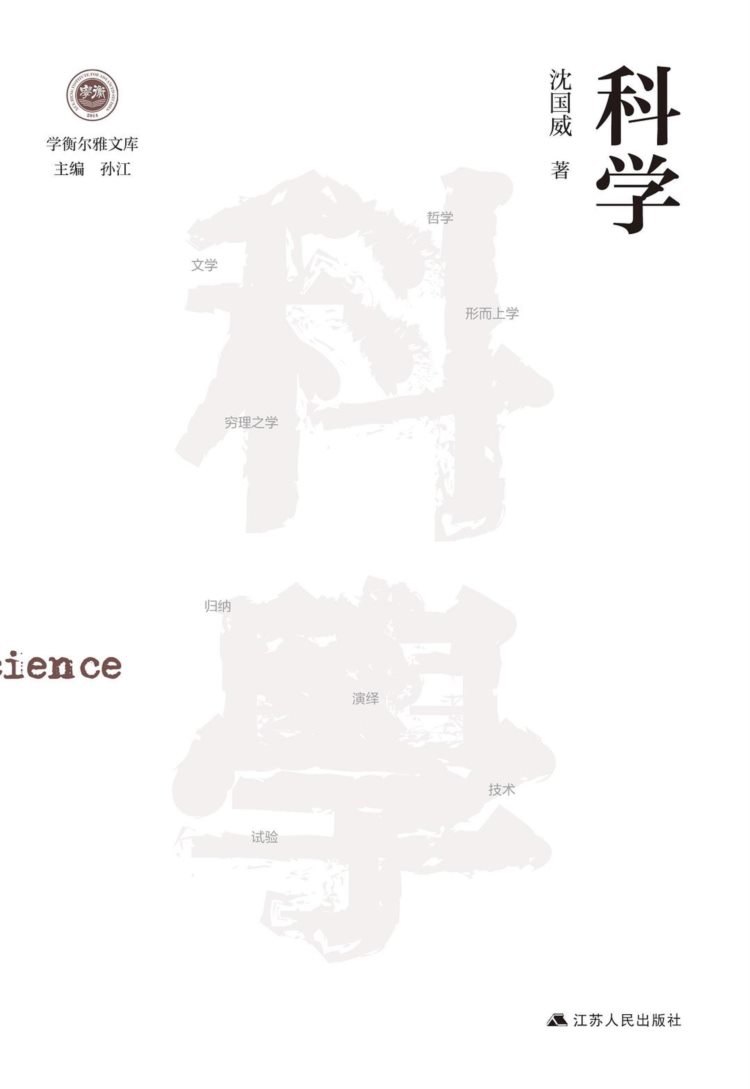
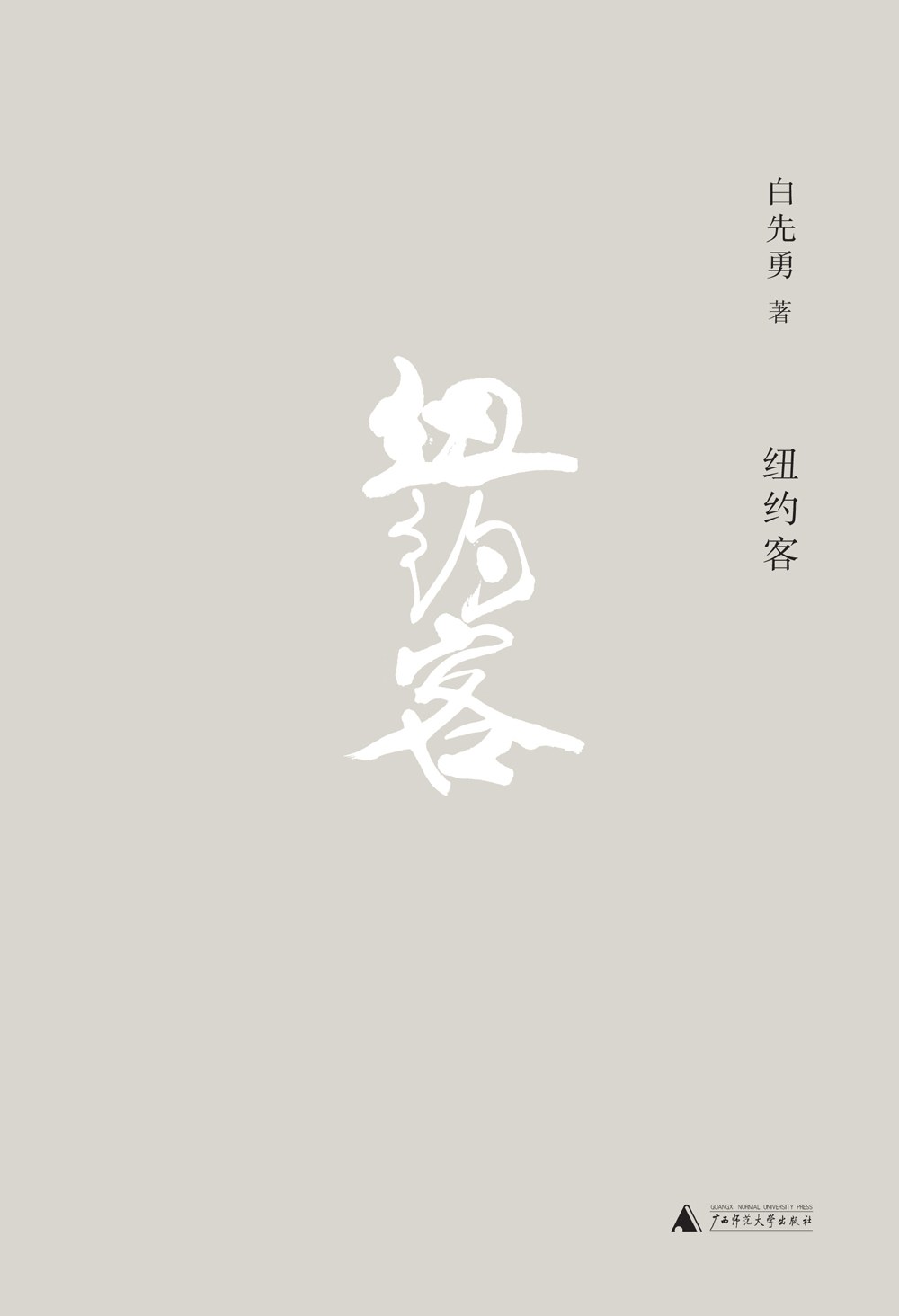

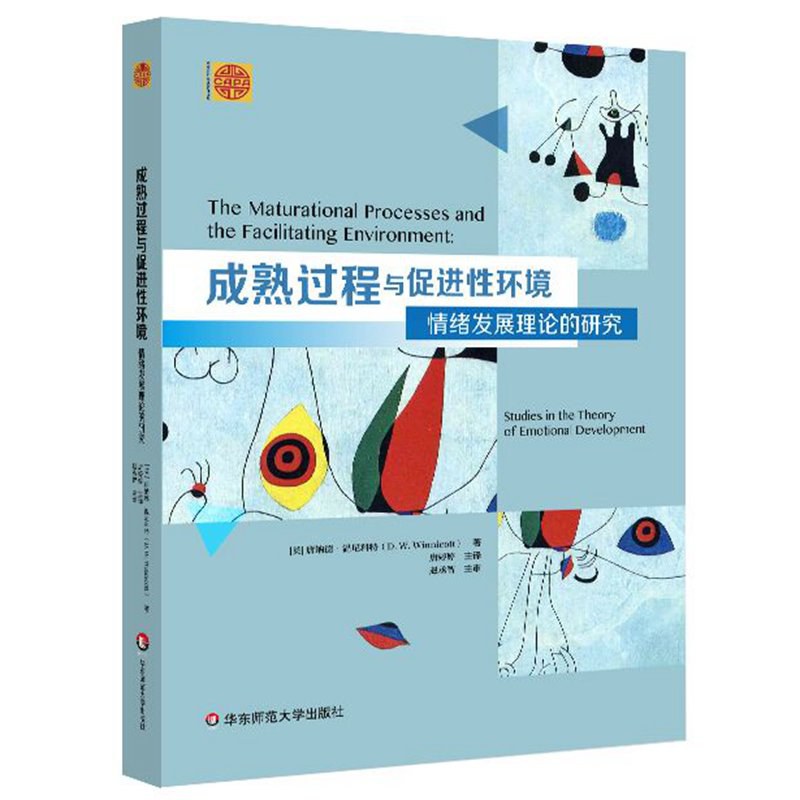
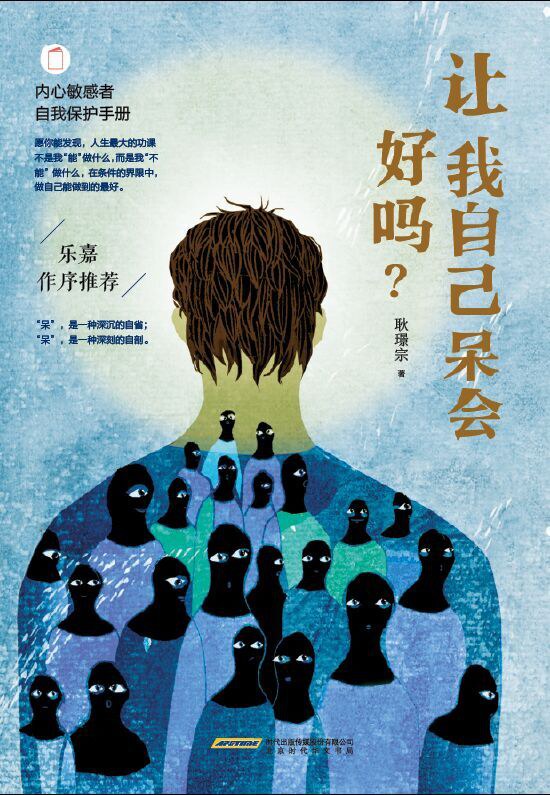
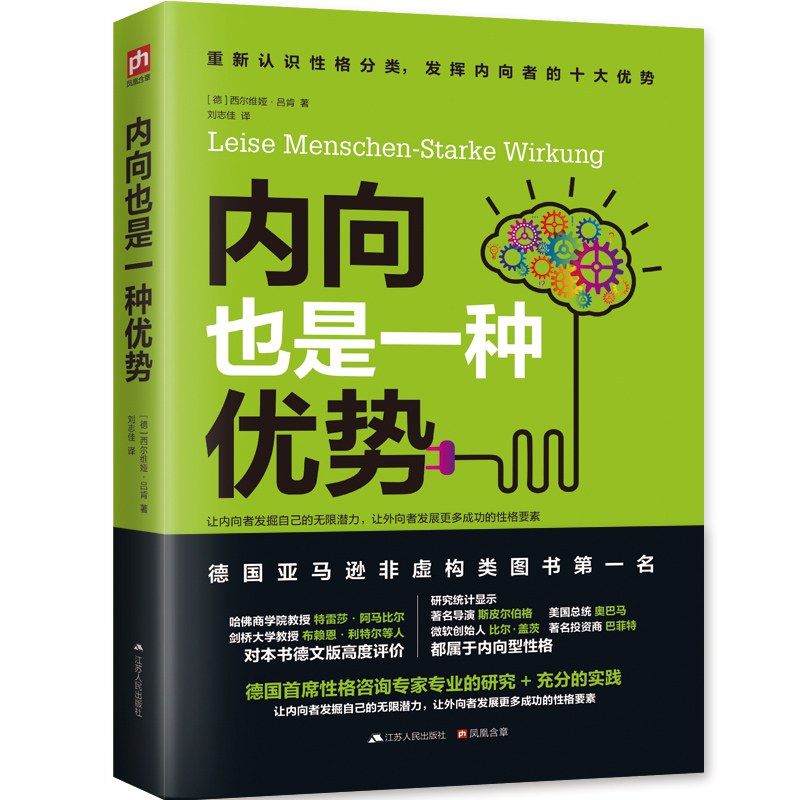
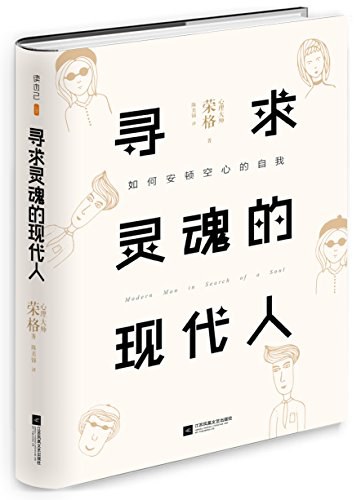

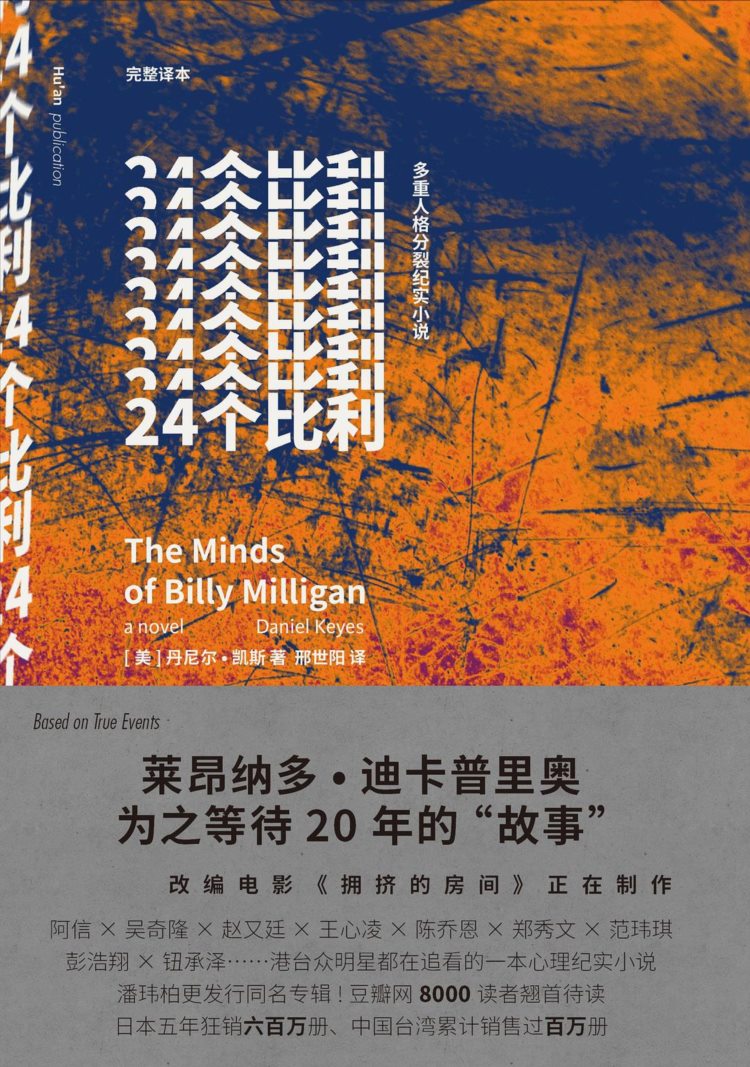
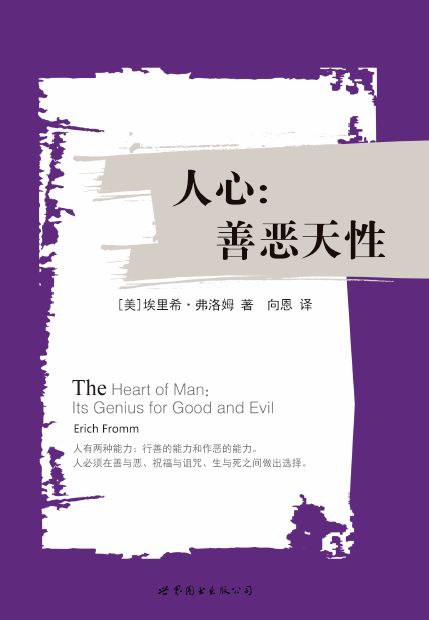
发表评价